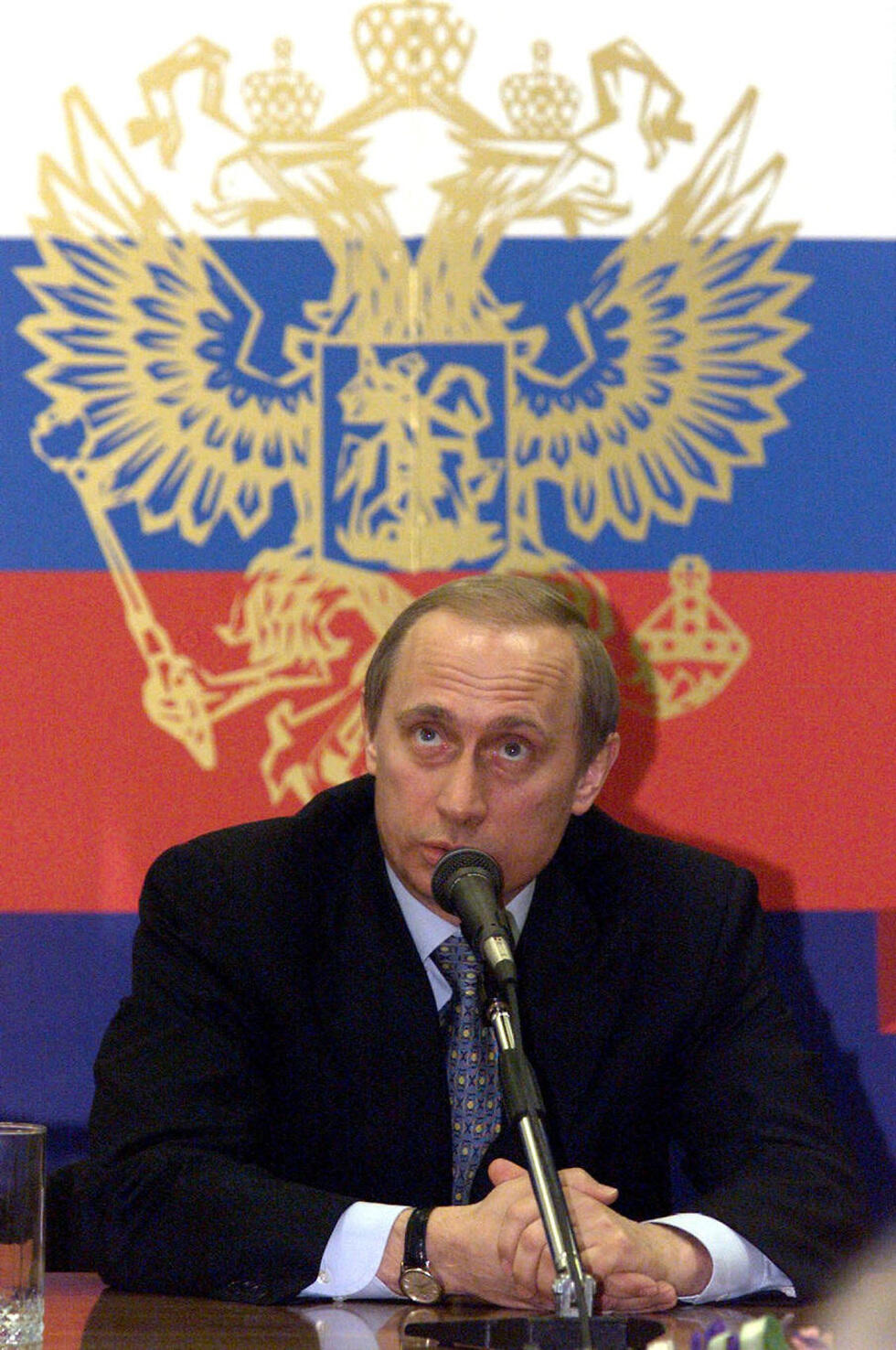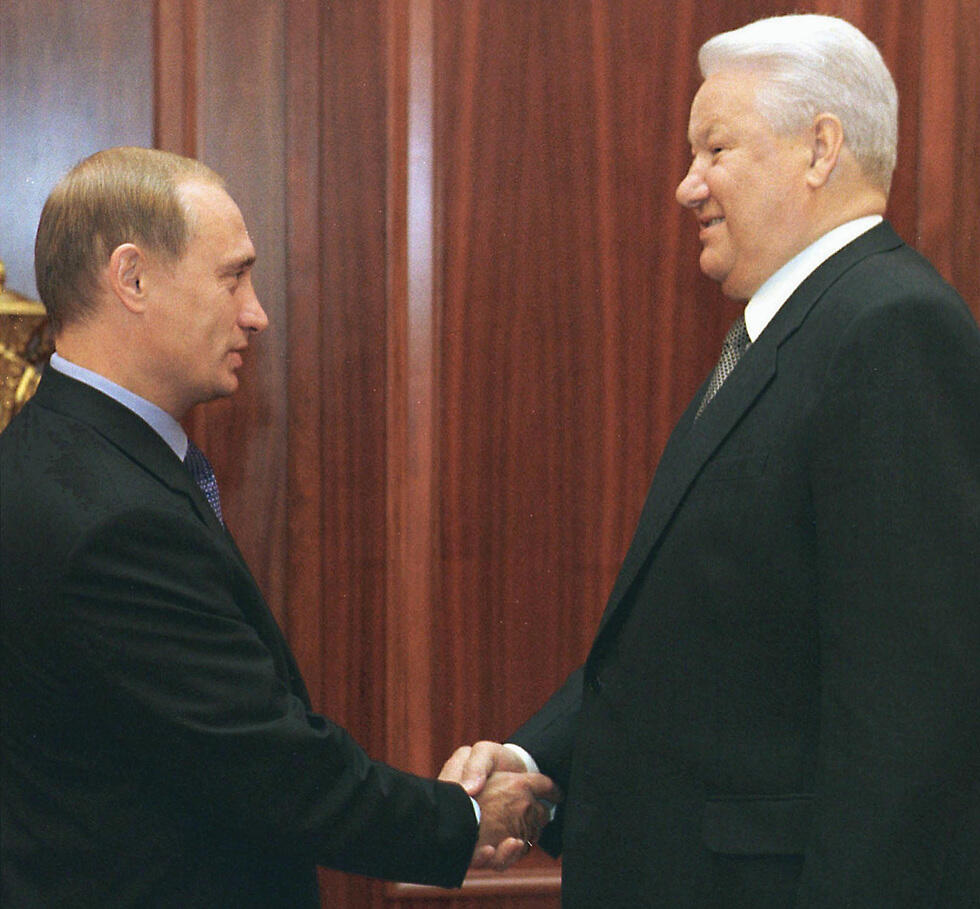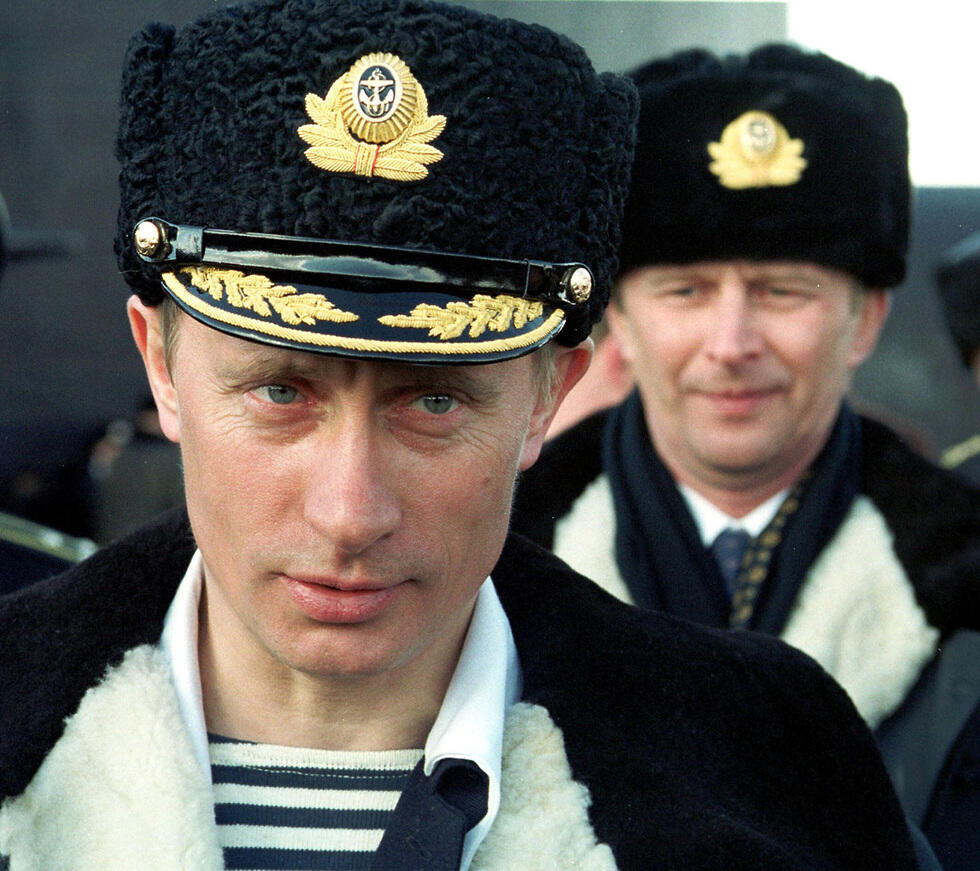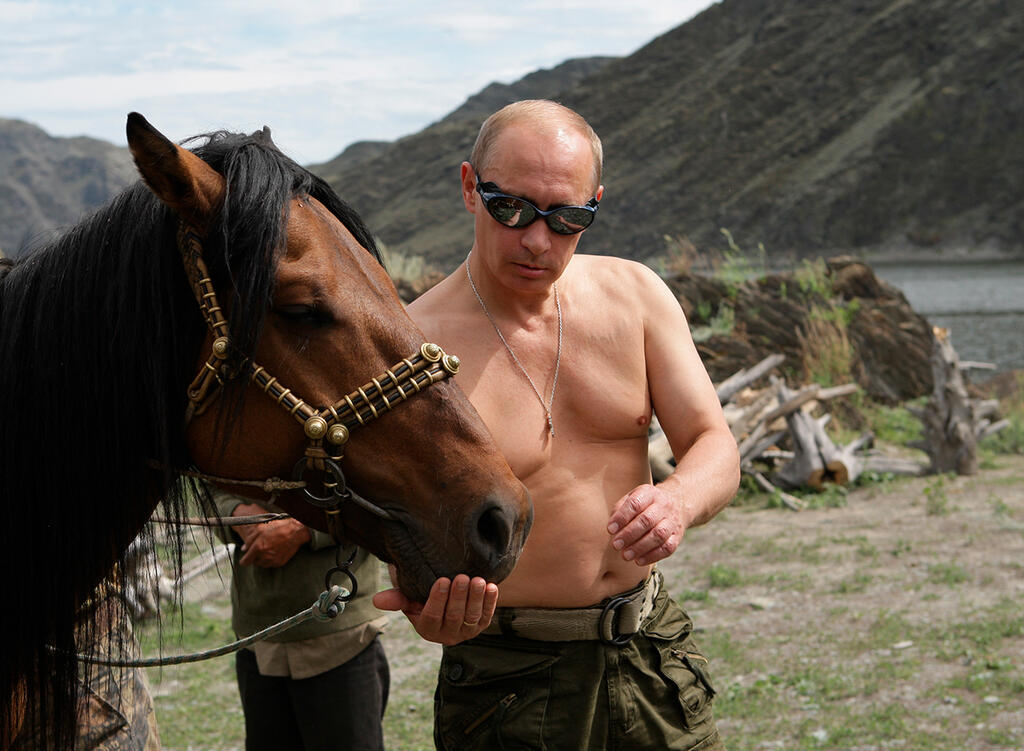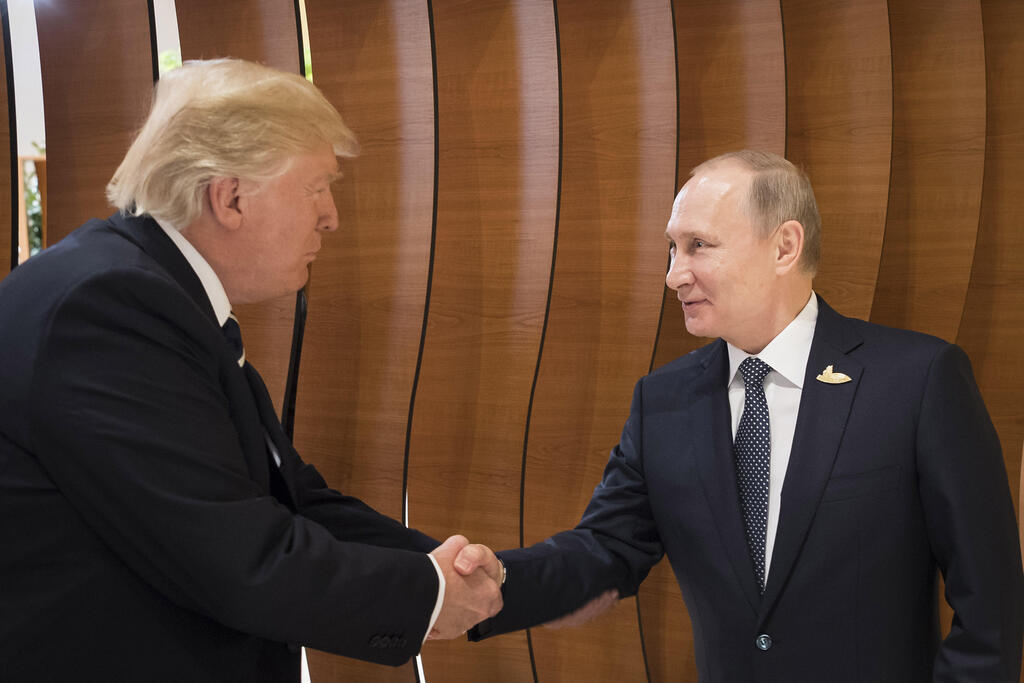President Vladimir Putin marks 25 years in power on Tuesday—a quarter century as Russia's undisputed leader during turbulent times, shaping not only domestic affairs but also significantly influencing the international arena.
Putin's rise to power was unexpected. On December 31, 1999, then-President Boris Yeltsin shocked Russians preparing to celebrate the New Year and the turn of the millennium by announcing his resignation during a brief televised address.
As required by Russia's constitution, Prime Minister Vladimir Putin, who had been in office for just four and a half months and previously served as head of the Federal Security Service (FSB) for 13 months, stepped in as acting president until elections were held a few months later.
Given Putin's current status and image, it’s hard to believe that he was a relatively obscure figure at the time—not only to most Russians but also to many within government circles. His rapid ascent was largely due to Yeltsin’s declining health, which severely impacted his ability to govern.
As a result, real power was wielded by a group of oligarchs known as "The Family," which included Boris Berezovsky, his protégé Roman Abramovich, Mikhail Khodorkovsky, Mikhail Gusinsky and others. The arrangement was simple: these oligarchs ensured Yeltsin’s reelection in 1996 by financing his campaign and providing overwhelmingly favorable media coverage, and in return, Yeltsin handed over state assets worth immense fortunes for a fraction of their value.
Putin, then known primarily in St. Petersburg—where he worked closely with the city’s liberal rising star mayor Anatoly Sobchak and headed the city’s powerful and lucrative Committee for External Relations—and in security and intelligence circles (the “siloviki”), caught the attention of "The Family." Berezovsky even met with Putin during a family vacation in southwestern France.
Putin’s relative anonymity worked to his advantage, as Berezovsky and his associates saw him as a gray, manageable figure they could control behind the scenes, extending the status quo of the Yeltsin era. However, they severely underestimated Putin’s capabilities and his ability to consolidate power, proving their assumption that he would be a puppet to be a grave miscalculation.
As acting president, Putin secured a decisive victory in Russia's March 26, 2000, presidential election, winning 53% of the vote against Communist leader Gennady Zyuganov's 29%.
Immediately after his election, Putin launched a systematic campaign to dismantle the power of oligarchs, severing their ties to influential positions and subordinating them directly to the Kremlin. His message was clear: those who dared to challenge him politically would face severe consequences, while those who aligned with the Kremlin’s interests could retain significant wealth and business influence.
Putin’s crackdown included high-profile cases like Mikhail Khodorkovsky, once Russia's richest man, who was imprisoned for years under charges of corruption and tax evasion—widely seen as politically motivated.
This strategy consolidated Putin’s domestic authority and sent a stern warning to other power centers, including regional governors, as the Kremlin took full control over their appointments and elections. These moves centralized power in the Kremlin, eliminating regional and political rivals.
Not Navalny, not Prigozhin, not the West: Putin’s unshakable grip
Much has changed over the years along the Volga and Moscow rivers. Vladimir Putin has solidified his rule while intensifying domestic measures to crush opposition and enacting restrictive laws that have severely impacted civil society.
At the same time, he successfully restored Russia's international standing, which had plummeted during the difficult decade of the 1990s and the economic turmoil following the collapse of the Soviet Union.
Putin, largely aided by soaring energy prices during his first decade in power, brought substantial revenue into the state coffers and became associated in the eyes of many Russians with the stabilization of the country and the rise of a middle class earning decent wages and enjoying significantly improved living standards.
Over the years, Putin has overcome numerous challenges that could have threatened his regime’s stability. These include large-scale opposition protests in Moscow led by Alexei Navalny following the 2011 parliamentary elections; the Western response to the annexation of Crimea and the ensuing international sanctions; widespread protests—beyond just Moscow and St. Petersburg—against the contentious pension reform of 2018; public outrage over Navalny's death in prison; and the anti-war demonstrations that erupted after the invasion of Ukraine in February 2022.
Get the Ynetnews app on your smartphone: Google Play: https://bit.ly/4eJ37pE | Apple App Store: https://bit.ly/3ZL7iNv
Each wave of public dissent only prompted Putin to tighten his grip further, deploying an increasingly powerful and wide-reaching suppression apparatus. This pattern has become especially evident in today’s Russian atmosphere, shaped by the war and strong anti-Western sentiment. Putin has leveraged the war in Ukraine to completely dismantle the remnants of the Russian opposition, freedom of speech and the fragments of civil society that still existed.
As a result of these measures, there is now virtually no genuine internal threat to Putin’s leadership. The last individual who posed a significant challenge was Yevgeny Prigozhin, who led an armed rebellion in June 2023, with his Wagner Group fighters marching toward Moscow. The rebellion was ultimately quashed, and Prigozhin himself was killed two months later in a plane crash.
Russia in 2025 is a nation starkly different from the one Vladimir Putin inherited in 2000. While economically and militarily stronger in some respects, the country finds itself in a de facto, albeit undeclared, war with the West—a situation teetering on the brink of direct military confrontation, fueled by the ongoing war in Ukraine.
Putin’s decision to escalate the invasion of Ukraine aimed to fundamentally alter Russia’s strategic position and restore the influence lost with the collapse of the Soviet Union. However, the reality is far more complex.
Russia currently occupies over 18% of Ukrainian territory but has endured severe conventional military losses and suffered staggering casualties. The conflict has brought significant strategic setbacks, including the accession of Finland and Sweden to NATO, the loss of the European market for Russian oil exports and an increasing dependence on China.
Additionally, the war has contributed to the collapse of the Assad regime in Syria, a shift in Russian priorities that threatens its strategic air and naval bases along Syria’s coastline—a potential blow to Russia’s influence in the region.
Despite these challenges, one lesson from Putin's 25 years in power is clear: writing off his regime prematurely is a mistake. Over the years, particularly in the past three, predictions of his imminent downfall have repeatedly emerged from Western commentators and media. Yet, Putin’s centralized, authoritarian and oppressive system—strengthened significantly in the last decade—has proven resilient.
As history has shown, as long as Putin remains in good health, his hold on the Kremlin appears unshakable.


